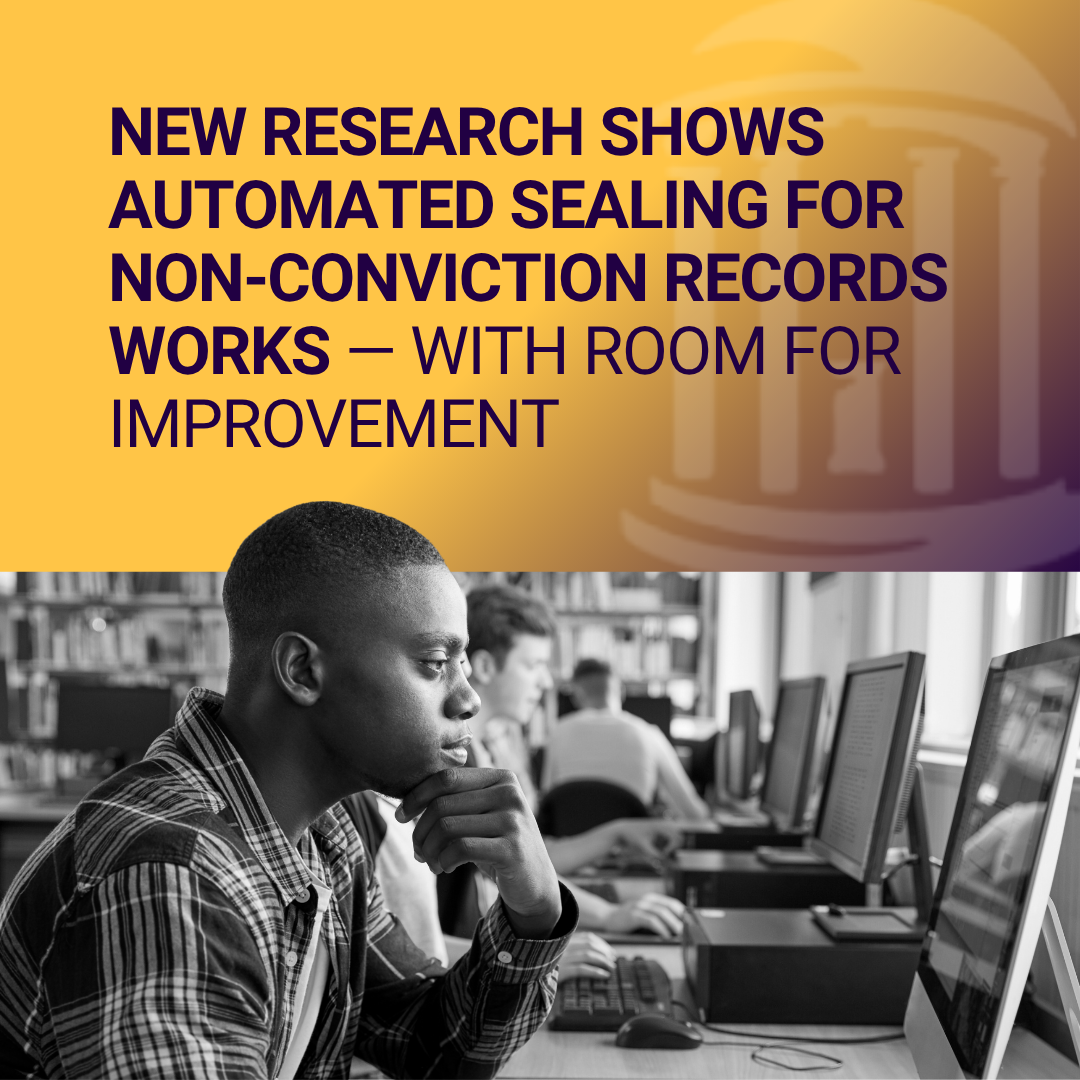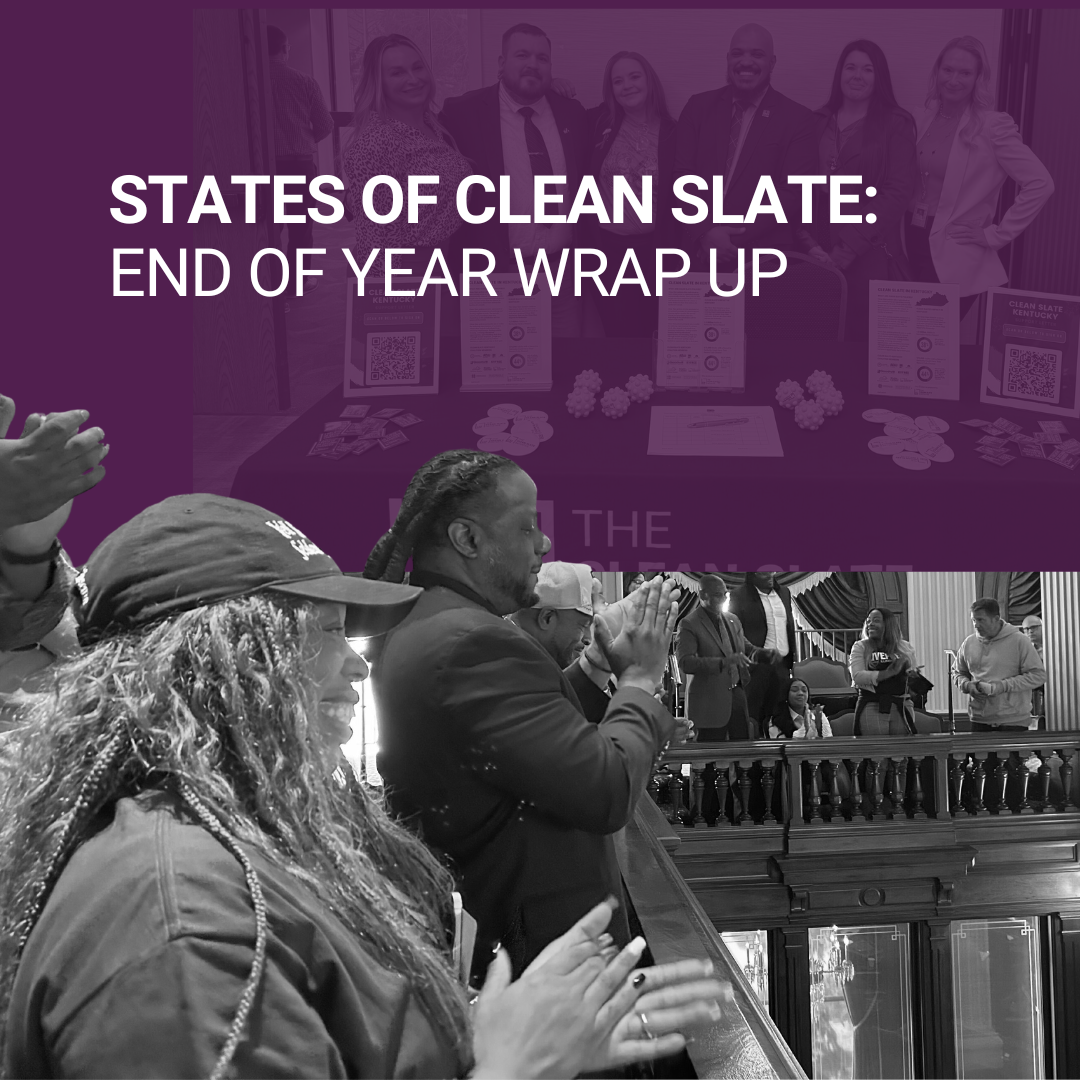New Research: Engaging Directly Impacted Populations in Research Online

Using online platforms can be a powerful way for researchers to connect with people who have been impacted by the criminal legal system, a population that includes the 70 - 100 million Americans living with an arrest or conviction record. But when using digital tools to find participants, how can researchers be sure they’re reaching the right people, and doing so in a way that’s cost-effective, efficient, and ethical?
A new study funded by The Clean Slate Initiative, titled “Online Recruitment for Interview Participants Impacted by the Criminal Legal System,” was recently published in the Journal of Qualitative Criminal Justice & Criminology.
This study explores online research recruitment methods to engage nearly 100 interview participants directly impacted by the criminal legal system. These participants were selected because they are eligible for Clean Slate and were interviewed about their legal system and expungement experiences. The study evaluates three digital recruitment strategies used to recruit study participants: social media advertisements, Amazon Mechanical Turk (MTurk), a crowdsourced platform, and an opt-in survey platform, Prolific.
The study aimed to assess three key dimensions:
- Financial and Labor Costs: Which platforms are the most cost-and labor-effective?
- Yields: Which platforms connected researchers to the most eligible participants?
- Ethical Considerations: Should researchers take measures to ensure participants were who they said they were? Can online recruitment reach the right populations? And were participants paid fairly and treated respectfully?
Key findings include:
- Online recruitment for research offers clear benefits: broad reach, reduced physical costs, and flexibility for participants. However, it can also introduce risks such as bots and scammers, and challenges in verifying participants' eligibility and authenticity.
- Prolific was the most cost-efficient platform for eligible interviews, but it had higher upfront costs.
- Due to fraudulent entries and invalid data, social media advertisements and MTurk required more labor-intensive screening.
This study also highlights the importance of addressing the digital divide when recruiting people impacted by the criminal legal system for research, ensuring that those with limited access to technology are not excluded. In addition, to make the most out of online research efforts, some building blocks are essential: strategies like rigorous pre-screening, transparent communication about the study, and fair compensation for participants were critical to maintaining data quality and participant trust.
By weighing financial costs, labor demands, and ethical rigor in digital recruitment for research, this study provides practical guidance for future research on sensitive or stigmatized topics and can inform future research on the impacts of Clean Slate. By interviewing directly impacted populations, researchers can ensure their findings – and the policies and practices informed by their research – are grounded in lived experience and responsive to the real challenges that people face.
.avif)
.avif)








.png)